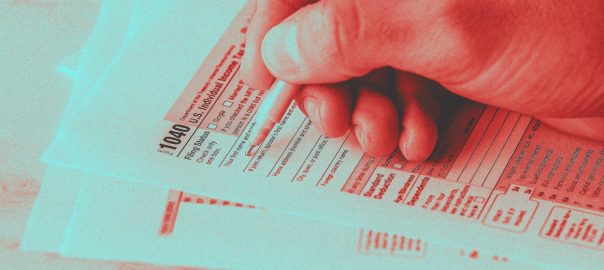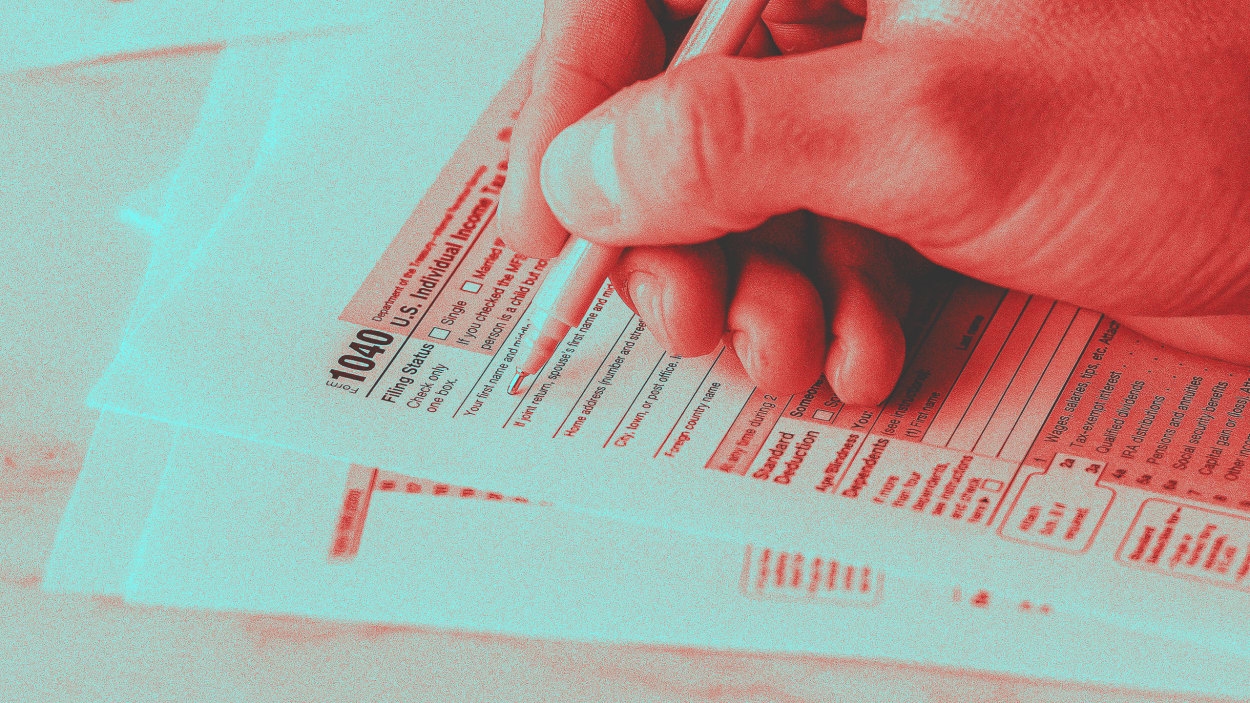By Sam Becker
Is there a certain aura around an audit? A new paper from economists at Harvard, the university of Sydney, and the Treasury Department appears to suggest so—at least for Uncle Sam.
The paper, titled “A Welfare Analysis of Tax Audits Across the Income Distribution,” finds that for every $1 the Internal Revenue Service (IRS) spends auditing taxpayers above the 90th percentile of earners, it yields more than $12 in revenue, and audits for below-median income taxpayers yields $5 in revenue.
The paper also discusses how the IRS estimates that there are more than $500 billion unpaid tax obligations each year, and that those obligations are mostly among the top earners. As such, when the IRS audits those earners, it’s able to claw out some of that money.
There’s another interesting finding in the paper, too: Getting audited tends to scare taxpayers straight and increase the amount they pay in taxes, voluntarily, for roughly a decade-and-a-half.
“We show that audits lead to an increase in future taxes paid that persists over the 14 years we observe in the data,” the paper reads. “In present discounted value, these additional taxes are 3.2 times the revenue raised from their initial audit.”
In effect, and in other words, targeting whales in the sea of taxpayers appears to pay off in a big way for the IRS. Not only does the IRS manage to lodge some more tax revenue out of high-earners, but there’s a multiplier effect that takes hold, increasing that revenue for many years by more than threefold.
One of the paper’s authors, Harvard economist Nathaniel Hendren, said that this could also be important data as it relates to recent fights over IRS funding.
“For every $1 an audited person pays during their audit, they pay $3 more on their taxes in the subsequent years,” he wrote as a part of a Twitter thread. “How do these results relate to the current debate over IRS funding? Scoring particular bills is beyond the scope our work. That depends on exact hiring practices, the efficiency of training, nonenforcement costs. But our finding of significant deterrence effects throughout the income distribution differs from existing CBO scores. The incorporation of a 3x deterrence multiplier would substantially increase the estimated return to IRS funding.”
Fast Company reached out to the Treasury Department for comment on the paper.
The research is particularly pertinent given that the IRS has struggled with underfunding for years, and has been unable to conduct audits to the degree that are in line with historical norms—much to the delight of many high-earning taxpayers and to the chagrin of agency leaders.
Though the agency did receive a big boost in funding as a part of the Inflation Reduction Act, signed in the summer of 2022, some of that money won’t make it to the IRS as a part of an agreement between the White House and Congress to get a debt ceiling bill in place.
That was likely welcome news to some taxpayers who manage to get creative with their accounting. A report from the Committee for a Responsible Budget, released earlier this year, noted that repealing all of the new IRS funding (which totaled around $80 billion originally) would encourage more people to cheat on their taxes.
(3)






